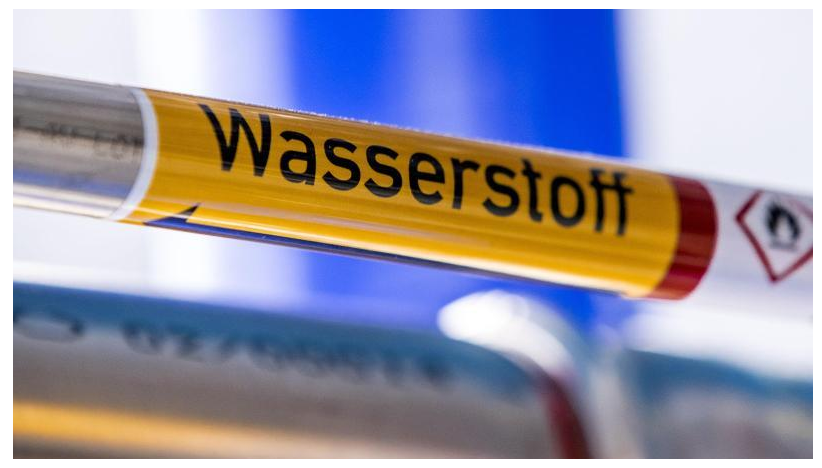
Germany should refurbish its existing gas pipelines to make them usable for hydrogen transport, the National Hydrogen Council (NWR) says in a new paper on hydrogen transport options and conditions.
Citing other analyses, the council says that “the use of existing infrastructure reduces system costs, accelerates realisation, avoids environmental interventions […] and thus increases social acceptance.”
The council, which has been advising the government since 2020 and consists of 26 experts from industry, science and civil society, says that “joint future scenarios for electricity, gas and hydrogen provide the basis for systemic optimisation potentials.” The experts say that “the network development planning process for natural gas provides a good basis and is now being further developed for hydrogen.”
Green hydrogen made with renewable energy is considered key to solving some of the energy transition’s challenges, such as decarbonising industry processes or long-haul freight transport. However, the current natural gas infrastructure is not fit to handle pure hydrogen. Parts of it could be converted to serve as hydrogen transport infrastructure.
In its request for changes to grid development plans, the German Federal Network Agency (BNetzA) said that converting existing natural gas infrastructure to transport hydrogen is generally much cheaper than building a new network from scratch. German gas grid operators said in 2020 that an initial hydrogen grid could be established at “justifiable cost” of EUR 660 million, largely by converting current pipelines. But while they would have liked to see a new integrated planning of the gas and hydrogen network, the German government decided in February 2021 that the existing gas pipeline network and the new hydrogen infrastructure would be regulated separately. The economy and energy ministry (BMWi) in charge of the bill said this was necessary to avoid cross-financing between fossil gas and hydrogen networks, which would be in violation of EU law.
Source: Article by the Clean Energy Wire. It is being republished by Renewables Now under a CC BY 4.0 licence.
Read the most up to date Fuel Cell and Hydrogen Industry news at FuelCellsWorks




